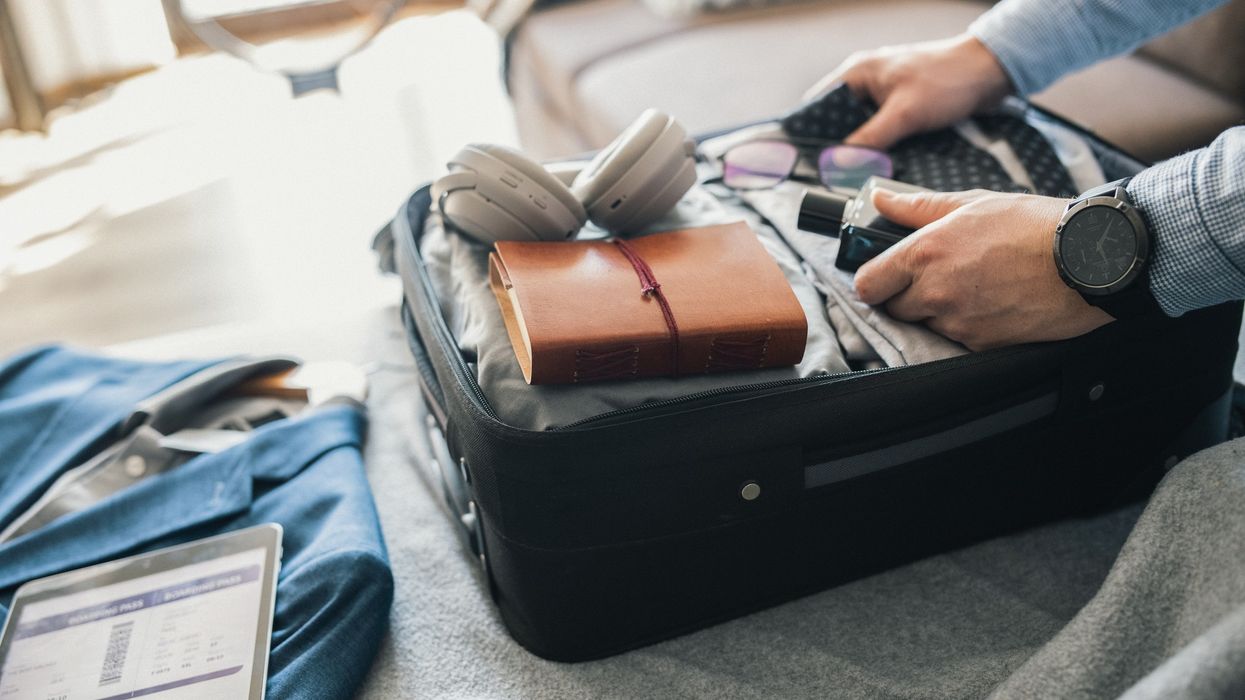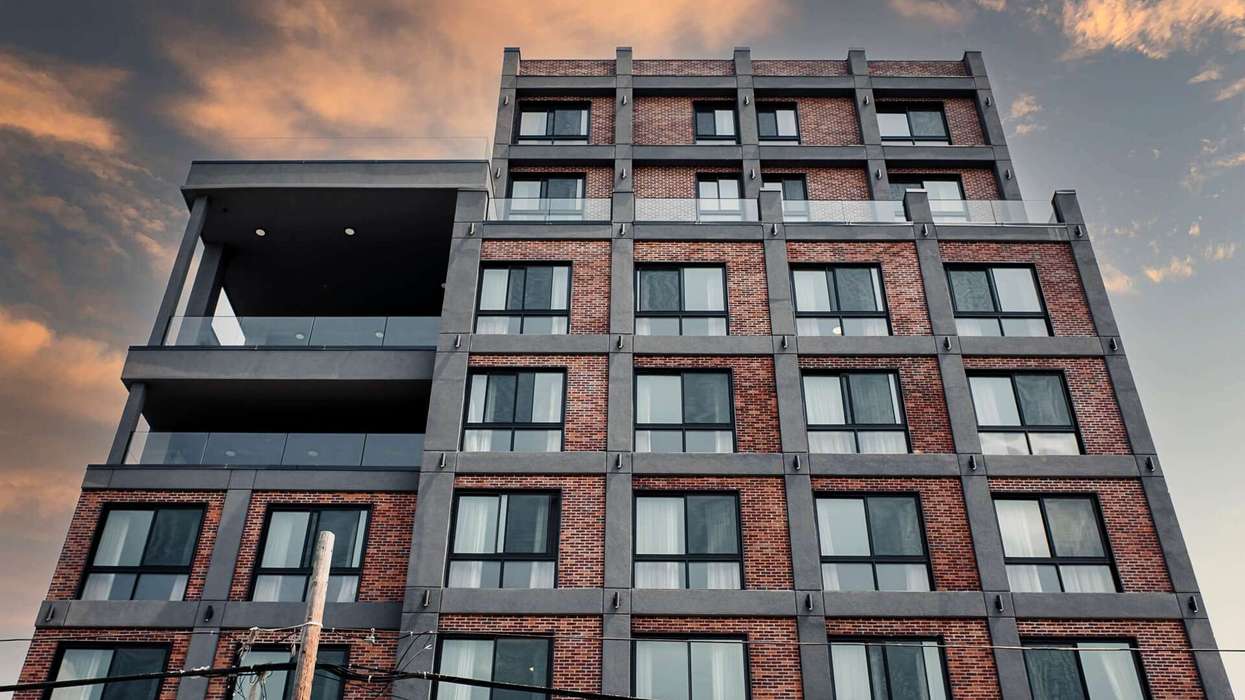HOTELS ARE THE top lodging choice for holiday travelers who are certain to take trips in the next three months, according to a survey commissioned by the American Hotel & Lodging Association. AHLA also announced a new system for indexing bookings.
The new national Hotel Booking Index Survey, conducted by Morning Consult for AHLA, revealed that 31 percent of Thanksgiving travelers plan to stay in a hotel during their trip, compared to 22 percent who planned to do so last year.
The survey of 4,000 adults, conducted between Oct. 14 to 16, said that 28 percent of Christmas travelers plan to stay in a hotel during their trip, compared to 23 percent in 2021. As many as 54 percent of those who are certain to travel for leisure in the next three months plan to stay in a hotel.
According to the AHLA survey, overall holiday travel levels will likely remain flat. Among the respondents, 28 percent are likely to travel for Thanksgiving and 31 percent for Christmas this year, compared to 29 percent and 33 percent, respectively, in 2021.
“This survey bolsters our optimism for hotels’ near-term outlook for a number of reasons,“ said Chip Rogers, AHLA’s president and CEO,. “The share of holiday travelers planning hotel stays is rising, plans for business travel are on the upswing, and hotels are the number one lodging choice for those certain to travel for leisure in the near future. This is great news for our industry as well as current and prospective hotel employees, who are enjoying more and better career opportunities than ever before.”
The AHLA survey pointed out that concerns about COVID-19 are being replaced by economic challenges like inflation and high gas prices.
"85 percent of respondents reported that gas prices and inflation are a consideration in deciding whether to travel over the next three months, compared to 70 percent who said the same about COVID-19 infection rates. In a May AHLA survey, 90 percent of respondents said gas prices and inflation were a travel consideration while 78 percent said the same about COVID infection rates,” the survey said.
Other findings from the survey include:
- 59 percent of adults whose jobs involve travel said they are likely to travel for business in the next three months, with 49 percent planning to stay in a hotel. Last year, 55 percent of adults whose jobs involve travel said they were likely to travel for business during the holiday season.
- 64 percent of Americans would be concerned about delays or cancellations if they traveled by plane right now, with 66 percent of these respondents reporting a lower chance of flying this holiday season.
- 61 percent of respondents said they are likely to take more leisure/vacation trips in 2023 than they did this year
- 58 percent of U.S. travelers are likely to attend more indoor gatherings, events, or meetings in 2023 than they did this year
- 66 percent of Thanksgiving travelers and 60 percent of Christmas travelers plan to drive to their destinations, compared to 24 percent and 30 percent, respectively, who plan to fly
AHLA introduces Hotel Booking Index rating
AHLA has introduced Hotel Booking Index rating to measure hotel industry outlook. The index is a new composite score gauging the short-term outlook for the hotel industry. The one-through-ten score is based on a weighted average of survey respondents’ travel likelihood in the next three months (50 percent), household financial security (30 percent), and a preference to stay in hotels for travel (20 percent).
The index for the next three months is 7.1, or very good.
AHLA plans to release Hotel Booking Index results three times a year-in January, ahead of summer and holiday travel seasons.
Last month, AHLA predicted that U.S. hotel leisure travel revenue will rise 14 percent this year over pre-pandemic levels and business travel revenue is expected to be within 1 percent of 2019 range.





